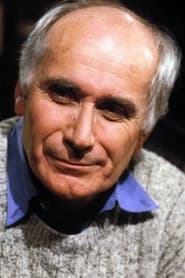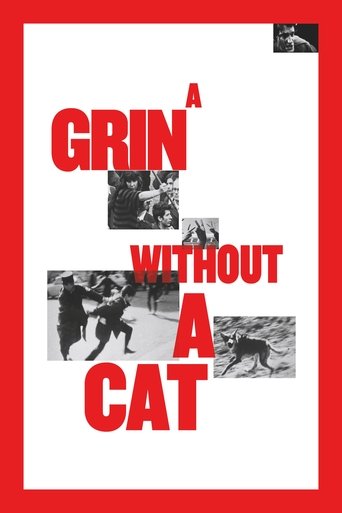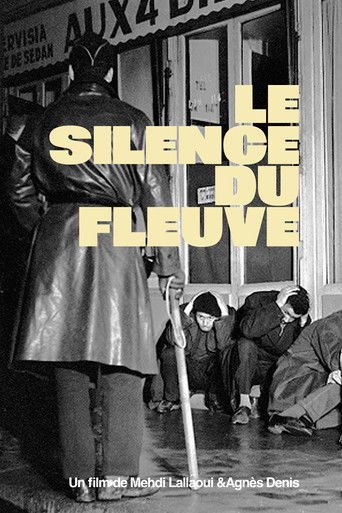François Maspero
François Maspero (19 January 1932, in Paris – 11 April 2015, in Paris) was a French author and journalist, best known as a publisher of leftist books in the 1970s. He also worked as a translator, translating the works of Joseph Conrad, Mehdi Ben Barka, and John Reed, author of Ten Days that Shook the World, among others. He was awarded the Prix Décembre in 1990 for Les Passagers du Roissy-Express.
François Maspero was born in 1932. His youth was marked by the cultural environment of his family, several of whom were noted scholars, and his parents' participation in the Resistance. His father, Henri Maspero, a sinologist and professor at the Collège de France, died at Buchenwald, but his mother survived the Ravensbrück concentration camp. His grandfather, Gaston Maspero, who died before his birth, was a famous Egyptologist.
François Maspero opened a book store in the Latin Quarter in 1955, at the age of 23.
In 1959, in the middle of the Algerian War, he and Marie-Thérèse Maugis formed the Maspero publishing house, Éditions François Maspero. They later were joined by Jean-Philippe Bernigaud and Fanchita Gonzalez Batlle, and then by Émile Copfermann. Their first two collections, "Cahiers libres" and "Textes à l'appui", focused on the Algerian War from an anti-colonialist perspective, and on contestation of the French Communist Party's unreformed Stalinism. Maspero published Frantz Fanon's The Wretched of the Earth (1961), censored by the French authorities, with a preface by Jean-Paul Sartre, as well as Fanon's L'An V de la Révolution algérienne. Maspero published other testimonies on Algeria, including investigations of the use of torture by the French Army, also censored. Besides facing lawsuits as a result of his courageous publishing decisions, Maspero was the target of bomb attacks.
He republished Paul Nizan's Les Chiens de garde and Aden Arabie, also with a preface by Sartre. Then he created the review Partisans, which survived until 1973. Many important writers first came to public attention through the "Cahiers libres" collection, such as Régis Debray, published in 1967 or Bernard-Henri Lévy in 1973. Georges Perec published his first texts in Partisans. In the 1960s, Éditions Maspero paid particular attention to the problems of the Third World and of neo-colonialism, publishing among others books by Che Guevara. Maspero published Mongo Beti's Cruel hand on Cameroon, autopsy of a decolonization in 1972, which was censored by Minister of the Interior Raymond Marcellin at the request, brought forward by Jacques Foccart, of the Cameroon government, represented in Paris by ambassador (and author) Ferdinand Oyono. In 1975, he republished Jean Maitron's classic History of the anarchist movement in France (1880–1914). In the years 1967-82 he published the "Petite Collection Maspero" (Little Maspero Series). In 1983, Maspero publishing house was transformed into the Éditions La Découverte, later bought by Vivendi Universal Publishing, later Editis. ...
Source: Article "François Maspero" from Wikipedia in English, licensed under CC-BY-SA 3.0.
Is eol do: Writing
Breithlá: 1932-01-19
Áit bhreithe: Paris, France
Ar a dtugtar:

 11tv.pw
11tv.pw



